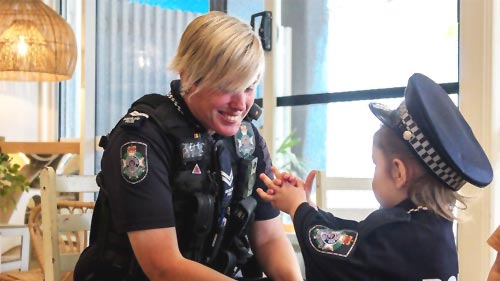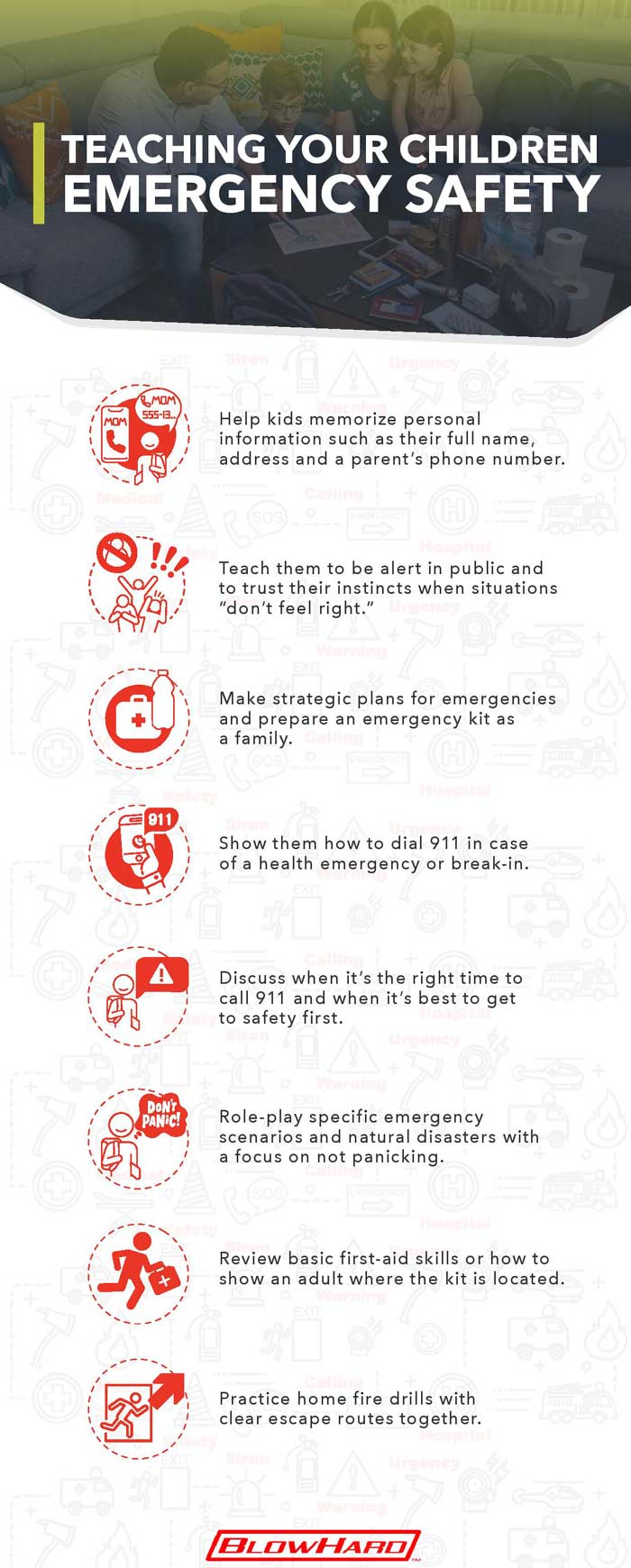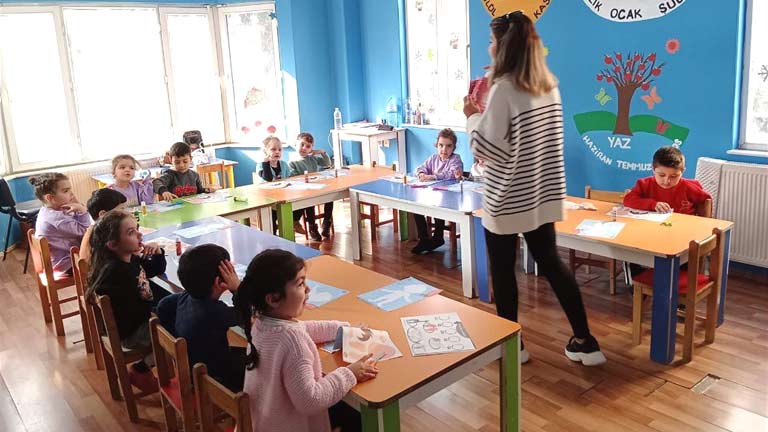
When it comes to your family, no one likes to think about emergencies. However, if you want to protect your children, you must prepare for the unexpected. Simply put, being prepared can mean the difference between staying calm or panicking in the event of a disaster.
Understandably, most people panic after experiencing the trauma of a natural disaster, fire, or terrorist attack. This can make an already scary situation worse – especially for young children. While you can’t control when or how these events occur, you can take steps now to prepare your child for an imminent emergency.
Tips For Preparing For The Unexpected
By being prepared, you and your children will be trained to know what to do if a crisis arises. With that in mind, here are some tips to help your family prepare for any unexpected situations that can occur in your life:
1. Memorize important personal information
The first step in equipping your children for emergency safety is keeping them informed. You must know the parent’s full names, addresses, and at least one telephone number. This way they can tell someone where to go when they get separated from you or can’t find you.
2. Teach “stranger danger.”
Teach your kids to listen to their instincts when something isn’t right, whether it’s playing with peers who are becoming aggressive or in a public place where something seems suspicious. Make sure they know they need to be alert and aware of their surroundings wherever they go.
3. Make a family plan
As a family, talk about potential emergencies and how you will deal with them. For example, you could role-play specific scenarios with an emphasis on rest and/or emergency kits with essential supplies.
4. Learn basic first-aid skills
Learn some basic first aid skills with the whole family, or at least make sure young children know where the first aid kit is. You can also look for local courses at the Red Cross, YMCA, or YWCA that can teach you and your child first aid skills.
5. Practice fire drills at home
There’s a good reason schools have fire drills: if there’s a fire, you want everyone to know what to do. Apply the same principle at home by planning where everyone will go in the event of a fire.
6. Explain 9-1-1
If your child has ever been in a situation where someone else has been seriously injured or sick enough to require emergency care, it’s important to know who to contact. Explain that 9-1-1 is an emergency number and tell your child what information they want on the phone: name, address, what happened, who was injured, etc. Explain the importance of the operator’s instructions and stay on the line until the operator says otherwise. Also, make sure your child understands that prank call is a crime in many places.
Have emergency contacts
While it’s important for kids to know when and how to call 9-1-1, it’s also important for them to know who to call in less difficult situations. Be aware of natural disasters, fires, robberies, etc., and why it’s important to call 9-1-1. At the same time, post somewhere an emergency contact list that everyone in the family knows so there are resources for less threatening situations.
Bottom line: Think about the possible situations that could arise that require an emergency – then develop strategies for what you want your child to know when they face those events. Plan to deal with anything from fires to tornadoes and equip your kids with the education and resources they need. For an overview of the top tips to remember, check out the accompanying resource.

This infographic was created by BlowHard Fans, a manufacturer of battery powered positive pressure fans.




